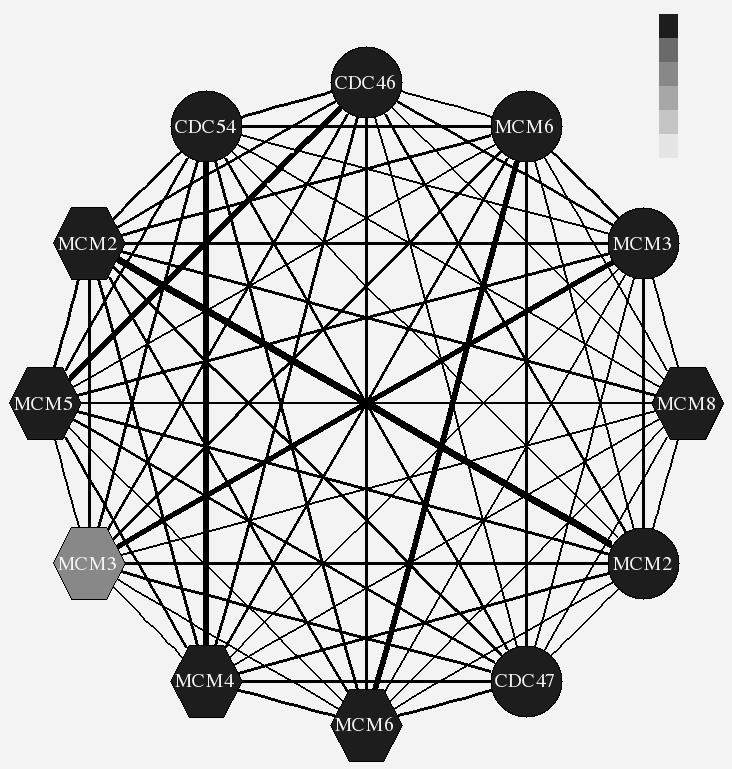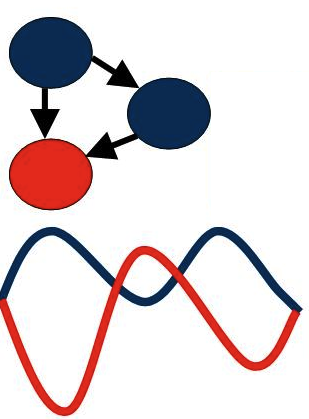
Sample Title
Donec adipiscing auctor nibh, auctor pretium turpis dictum sit amet. Nullam feugiat lectus et mauris placerat lacinia. Praesent pulvinar malesuada malesuada. Ut dui nibh, pulvinar ut molestie et, mattis vel lectus. Pellentesque sed ante a nulla lacinia dignissim nec non mauris. Nunc varius blandit semper. Maecenas sed sem urna, ut elementum elit.
Research
Our group develops computational methods for understanding the dynamics, interactions and conservation of complex biological systems. As new high-throughput biological data sources become available, they hold the promise of revolutionizing molecular biology by providing a large-scale view of cellular activity. However, each type of data is noisy, contains many missing values and only measures a single aspect of cellular activity. Our computational focus is on methods for large scale data integration. We primarily rely on machine learning and statistical methods. Most of our work is carried out in close collaboration with experimentalists. Many of the computational tools we develop are available and widely used.
Latest Publications
-
Y. Yuan, Z. Bar-Joseph
GCNG: Graph convolutional networks for inferring cell-cell interactions
Genome Biology , in press, 2020
-
D. Li, J. Ding, Z. Bar-Joseph
Identifying signaling genes in spatial single cell expression data.
Bioinformatics , in press, 2020
-
A. Alavi, Z. Bar-Joseph.
Iterative point set registration for aligning scRNA-seq data.
PLoS Comput Biol. , 16(10):e1007939, 2020
News
-
06/2011
Communications of the ACM featured a long article covering our work on biology-inspired networking and computing. The story discusses our recent MSB and Science papers which provide examples of bi-directional studies that attempts to understand biological systems while at the same time help improve networking and distributed computing algorithms.
-
05/2011
Group member Marcel Schulz is the winner the 2010 Otto Hahn medal, awarded by the Max Planck Society to young scientists and researchers for outstanding scientific achievement. Marcel received the medal for his Ph.D. thesis carried out under the supervision of Prof. Martin Vingron, entitled 'Data structures and algorithms for analysis of alternative splicing with RNA-seq data.' 26 medals representing the top 3% of all Ph.D students from 2010 among the nearly eighty Max Planck Institutes were awarded this year. Marcel is a Lane follow in our group.
- 03/2011
Henry (Tienho) Lin defends his thesis and earns a PhD degree! Henry joined the eScience Research Group at Microsoft Research as a postdoc.
